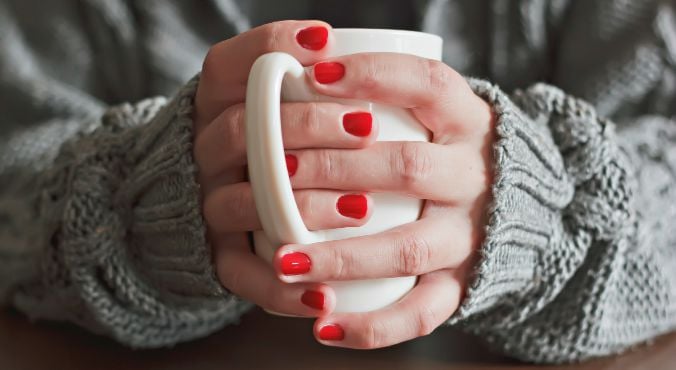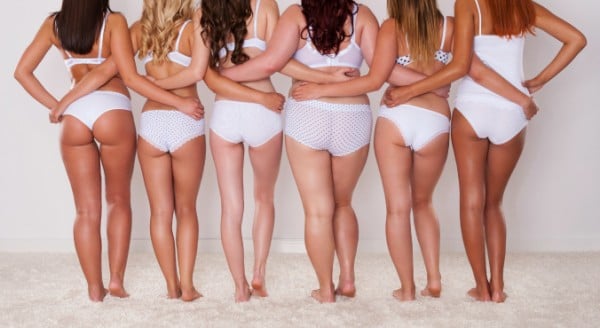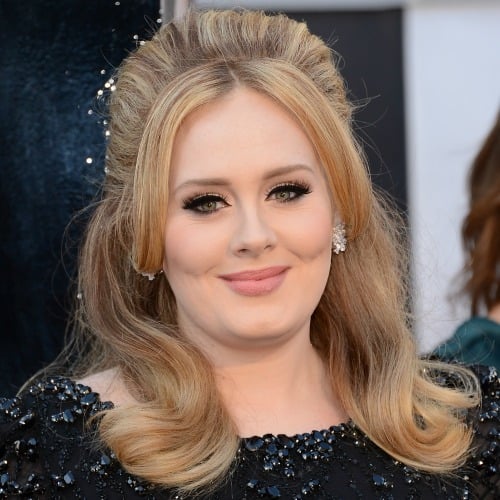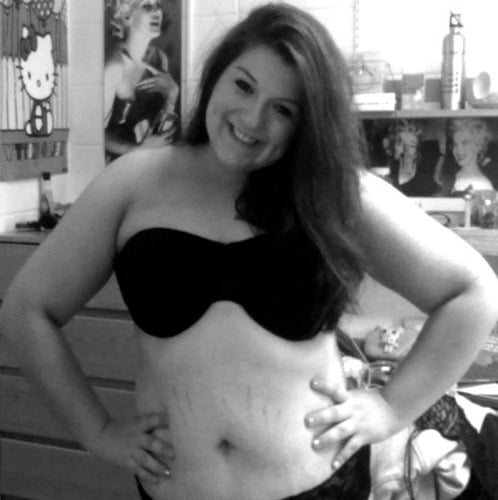
Image via iStock. Originally published on Unwritten by Sara Li.
When I was six years old, my grandmother gave me a nickname that would haunt me for the rest of my life. Up until the age of fourteen, I was known as Xi?o Ni?o, or otherwise understood as “skinny bird.” I had earned the title with my twiggy figure and an unfortunate habit to talk more than I should.
I didn’t think much of the pet name at the time – I had more pressing concerns, or so I liked to think – but it wasn’t until I hit sophomore year of high school did the name come back to bite me in the proverbial ass. Even at such a young age, the importance of being “skinny” was embedded in my self-esteem.
Before I even had the chance to define myself in my own terms, I was pressured into an ‘ideal’ body type that would be impossible for me to maintain in my coming teenage years.
In the next four years, my body changed drastically. Between the ages of fourteen and eighteen, I teetered on the edges of an eating disorder while both my body and mind, suffered the consequences.



